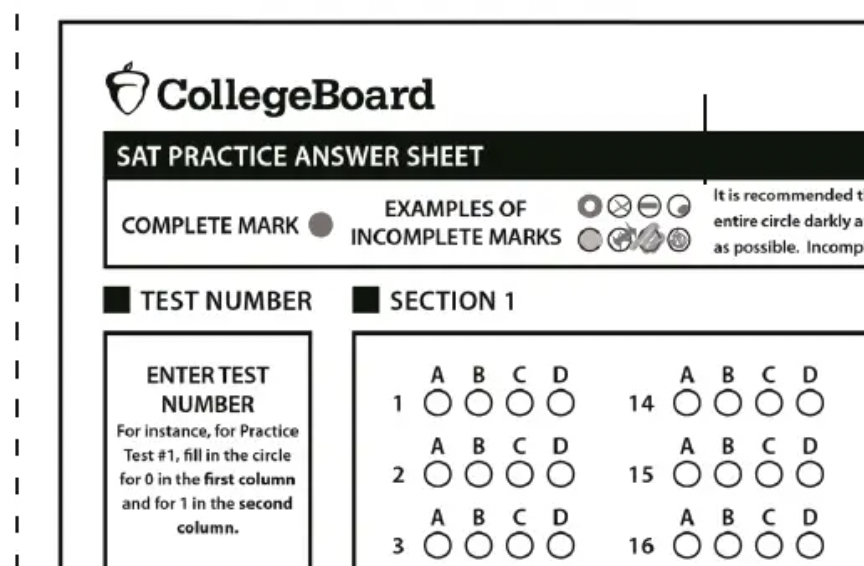Images provided by Fine Art America, Command Education, and Scribd. Top: Sather Gate at UC Berkeley.
Recently, a California Superior Court judge decided that all UC and CSU universities in California must go test-blind. What this indicates is that essentially, the SAT has become null in California public school sectors. While this does not apply to private schools, it signifies that even schools like UC Berkeley or UCLA will not look at your test scores when contemplating whether or not to admit you.
For various reasons, this is an exceptional blow to the standard procedure of college applications. Not only does it affect millions of juniors and seniors that have already spent time, effort, and money on the SAT, it concerns many who would have otherwise relied on such an exam as a means to distinguish themselves when applying to colleges. Standardized tests have long been a way to gauge one student’s educational value against another. The SAT has existed in one form or another since 1926, a period of nearly a hundred years. To do away with it in the initial months of the school year poses nothing but difficulties to students who hope to sign up or have signed up already. It steals the spotlight away from academic know-hows and forces college administrators to balance applications through more ambiguous means. How does a football champion compare to a winner of debate tournaments? Or a chess player with a programmer? The fact remains that tests and quizzes remain one of the only universal metrics on which to weigh students. Any math student or teacher will know that you can’t immediately compare fractions without reducing them to a common denominator. In the case of overall academics, that denominator is the SAT.


Any high schooler unquestionably understands that taking an AP or Honors class can make your college application stand out from your peers. Nonetheless, while anyone can eke out a passing grade through homework and assignments, how do teachers choose to test your know-how, or be convinced of your aptitude? They use tests and finals that challenge your cumulative knowledge without the aid of reference materials. If standardized tests and the like are so unfair, why do teachers and classes still maintain these as grade metrics? The reason is that there is no other foundation on which to compare apples and oranges. Without universal, comprehensive examinations, there is no baseline, no universal rule to weigh students on. SATs and tests are sustained for the same reason that colleges base 90 plus percent of your grade on a midterm and final. Anyone can figure out a problem surrounded by reference books. But how many can figure out problems without one? The SAT is crucial because it tests the ability to merge years worth of information and education into a single 3 hour period.
Conley Shen is 15 years old, and a junior at Washington High School. He was born and raised in Fremont, where he has lived all his life. This is his first year being a part of the school newspaper, and has interest in covering a variety of subjects. He is a current member of the Washington debate club, and some of his hobbies include looking for, and finding new novel series to enjoy. After high school, he hopes to enter college before graduating and entering the workforce.

